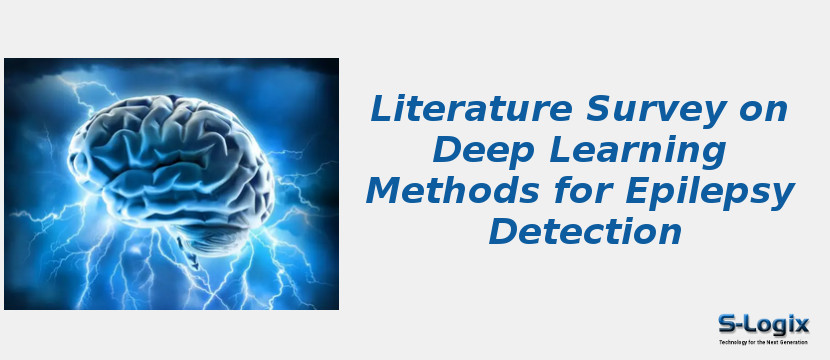Deep learning provides the medical industry with the ability to analyze data at extraordinary speeds without compromising on accuracy automatically. Deep learning methods made notable improvements in disease diagnosis due to their automatic feature extraction and classification process. Previous studies on deep learning classification have been satisfactorily applied to various Electroencephalogram (EEG) based tasks, such as motor imagery, seizure detection, mental workload, sleep stage scoring, event-related potential, and emotion recognition tasks.
Deep learning is regarded as a key constituent to accomplishing precision diagnosis, enhancing disease understanding for brain disorders, and positively impacting epileptic seizure detection. In epilepsy diagnosis, deep learning facilitates automatic epileptic seizure detection and prediction due to its multiple layers of neural networks with automated feature extraction and huge data handling capability. Compared to conventional machine learning methods, deep learning methods are highly employed to automatically detect seizures for various real-time diagnostic aid tools for epileptic seizures diagnosis.
With the success of deep learning applied to time series data, many literature surveys and studies have begun employing deep learning on the EEG signals. Many literature surveys on epilepsy detection using deep learning concentrate on deep learning algorithms, clinical applications, EEG data analytics applications, comparison with several modalities, publically available datasets, limitations, and challenges. Real-time applications of deep learning in epileptic seizure detection are neuroimaging, rehabilitation systems, inpatient and ambulatory monitoring, wearable devices, pre-surgical planning, prediction of medical responses, and surgical intervention management.
Deep learning methods possess significant merits such as high performance, robustness to noise, and complexity handling. Various techniques have been developed for epileptic seizure detection based on deep learning using EEG signals. Some of the challenges of deep learning that need to be considered while diagnosing epileptic seizures are ineffective in accessing long-duration EEG datasets, less amount of EEG datasets cause inaccuracy, and require high computational resources.
Future research scopes of deep learning-based epilepsy detection will focus on the generalizability and interpretability of deep learning models.
